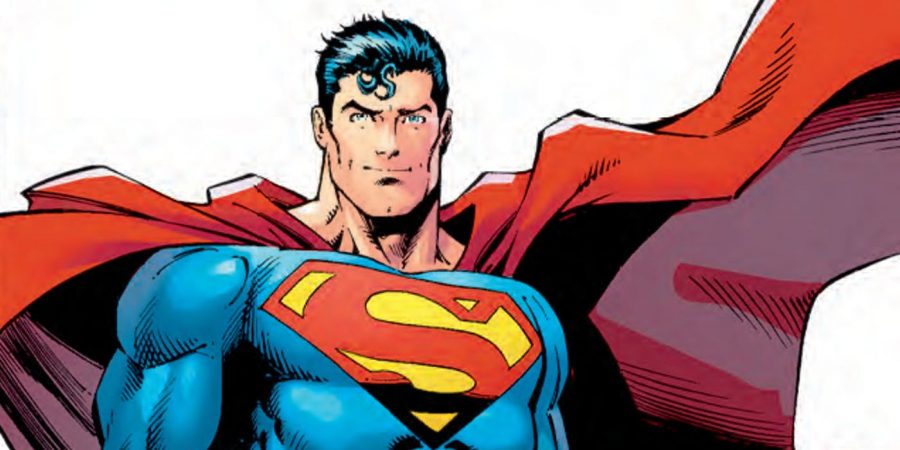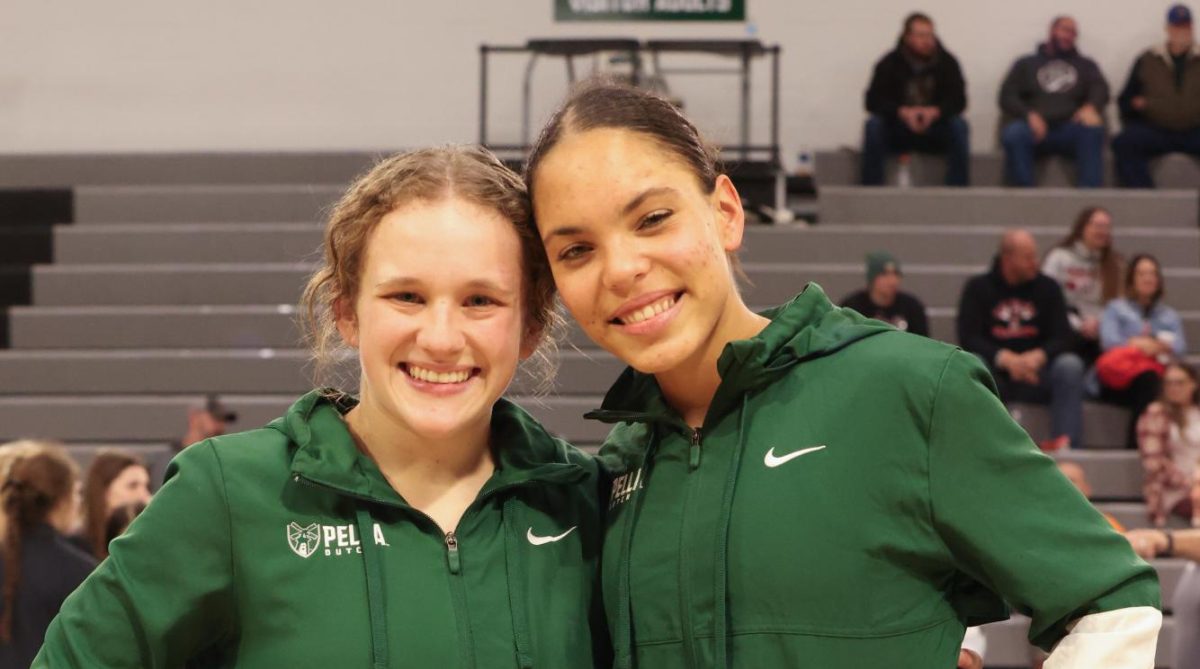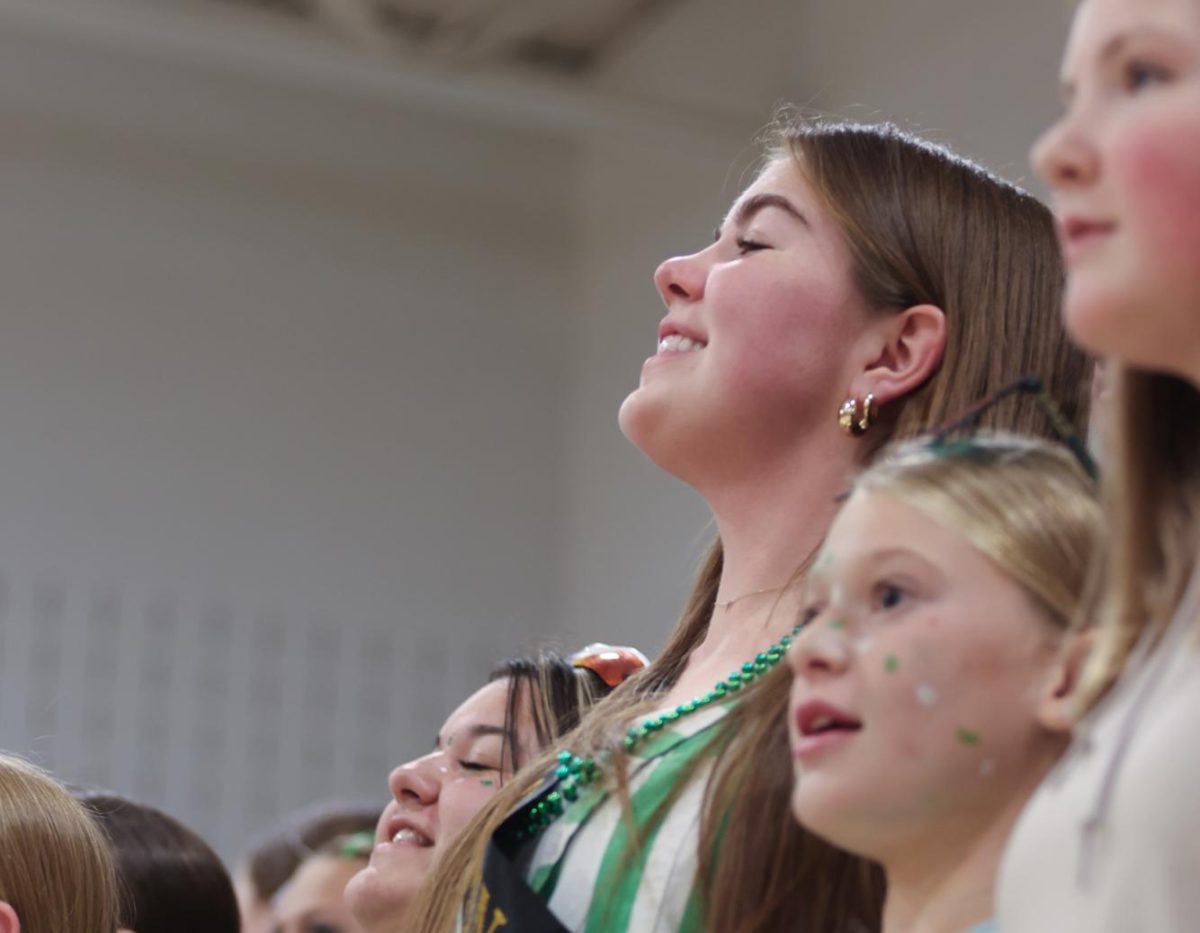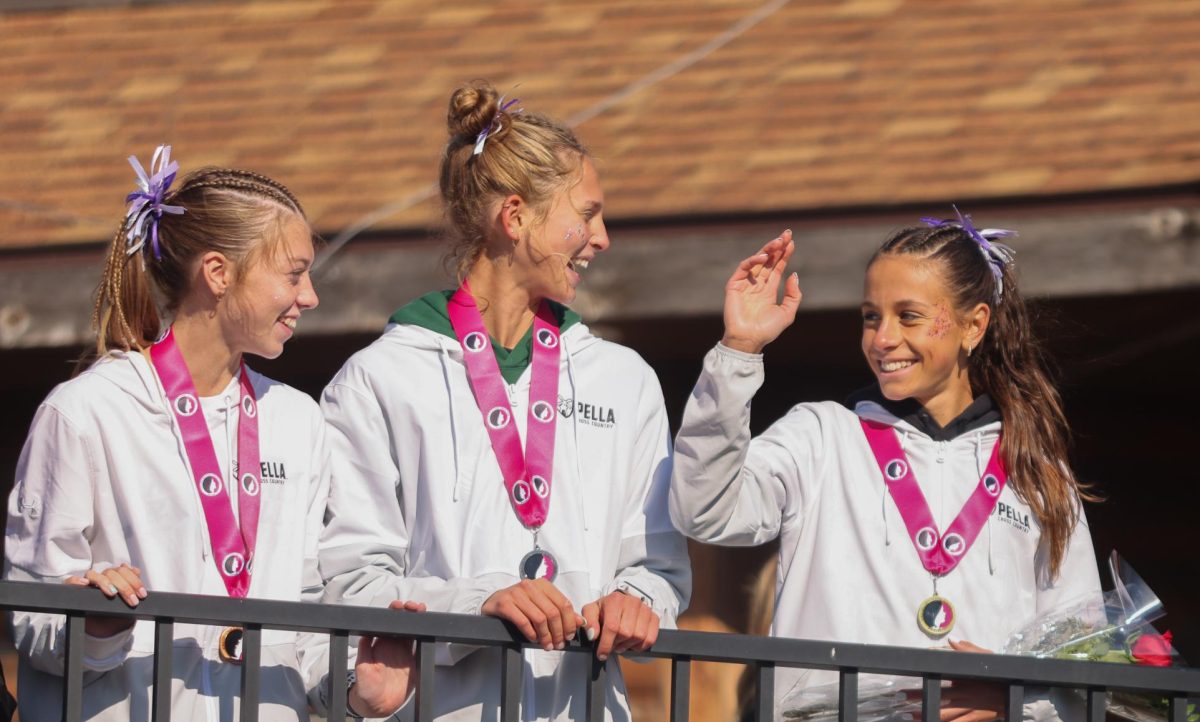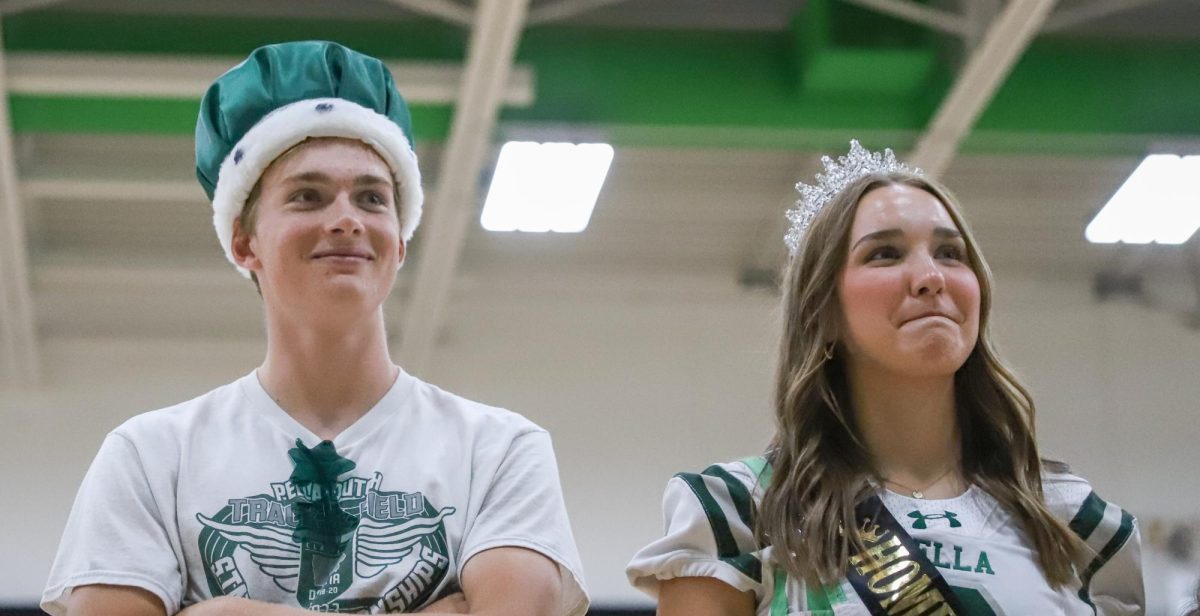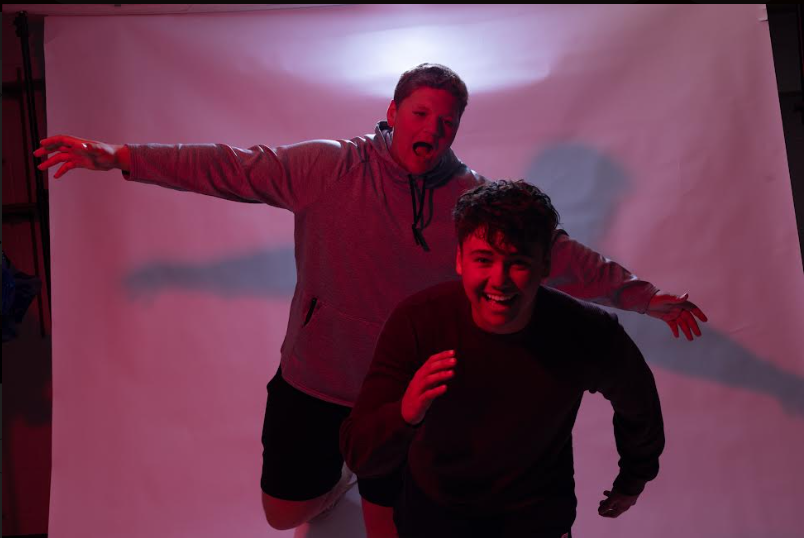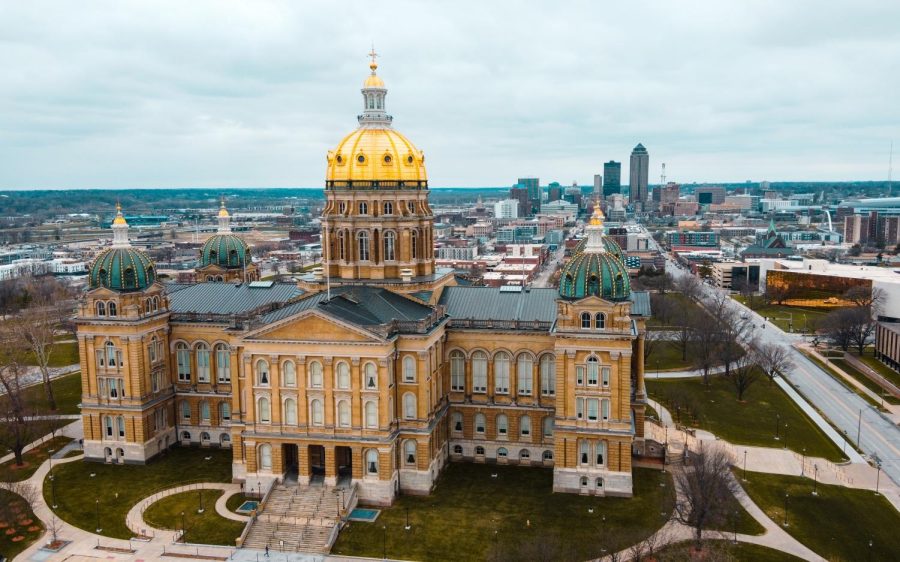“Never meet your heroes.” That’s what we’re told anyway. I wasn’t sure why until I met one of my own heroes.
I met the hero in question, David Sedaris, at a reading in Kansas City. David Sedaris writes primarily autobiographical stories, some of which are humorous, some of which are sad, and some of which are thought-provoking. I have read all of his books many times and was thrilled when he announced a book tour that would be stopping in Kansas City.
I wasn’t really expecting to meet him since it was going to be a reading in an auditorium with hundreds of other people, but when I noticed a table clad in a red tablecloth and stocked with Sharpies, excitement shot through me. “He usually signs a few books beforehand, then a few after,” explained the woman seated at a table selling some of his works. I convinced my dad to purchase me a book for him to sign and hustled over to the line.
In front of me stood a professional-looking woman in her 20s, clutching a copy of one of his books. She struck up a conversation with the woman in front of her, who was with her husband and had no less than four hardcover copies of his brand new, very expensive book for him to sign. My phone dead, I stared off into space and eavesdropped on their conversation.
“Oh, I’m sort of a regular at these events. I’ve been visiting David for years now,” she said casually.
“If you and David are such buddies, why are you waiting in line with the rest of us peons,” I muttered to myself.
“This is my third or fourth time meeting him. I’m so nervous; I always want to say something witty and funny, but I can never come up with anything,” mused the 20-something. A horrific thought struck me. What if my experience would be just like this woman’s? What if I didn’t say anything funny or original, and he just signed my book and went on with his day, not even remembering me? In my opinion, the scariest part about meeting your heroes is the idea that you will leave no impression on them, that you will accidentally reveal how boring you are. With this thought in mind, I grew more and more nervous as I approached the table.
David Sedaris was far shorter than I expected him to be, and he was wearing some sort of strange suit that, instead of having dress pants, had trousers and long coattails. He wore a bright red flower on his lapel. It was a very eccentric outfit, but it suited him somehow.
“Hello, what’s your name?” he asked cheerily. I took a deep breath and gathered my courage.
“Hi, I’m Lily.” He smiled.
“Your outfit is understated, but nice. I like it.” I looked down at my jeans, shirt, and flannel, noticing for the first time that I was in sharp contrast with the much more formal assembled crowd. He handed me a pink, wire bracelet. “This is for you. It cost me $1.50 at the National Gallery, but to you, it’s free.”
“Well not totally, I had to pay for a ticket after all,” I responded, then immediately regretted it. The last thing I wanted to do was come off as unappreciative. To my surprise, however, he laughed. “I suppose that’s right,” he said.
I left the reading feeling as if I could die right then and be happy with my achievement. I had met my greatest hero, and he had seemingly liked me and even laughed at my dumb joke.


